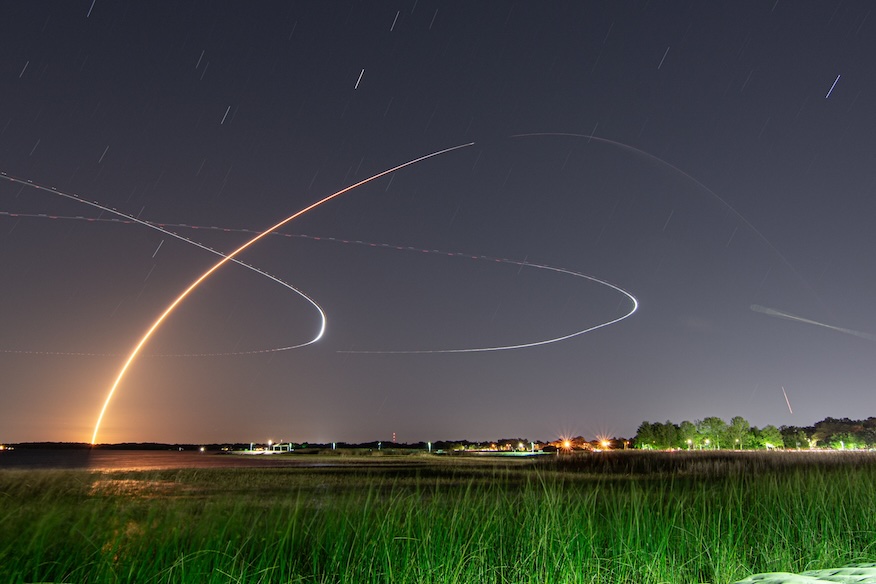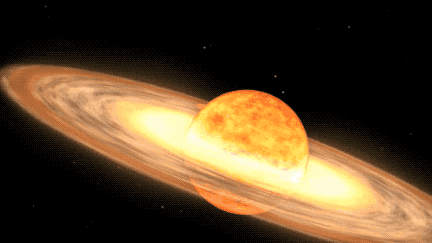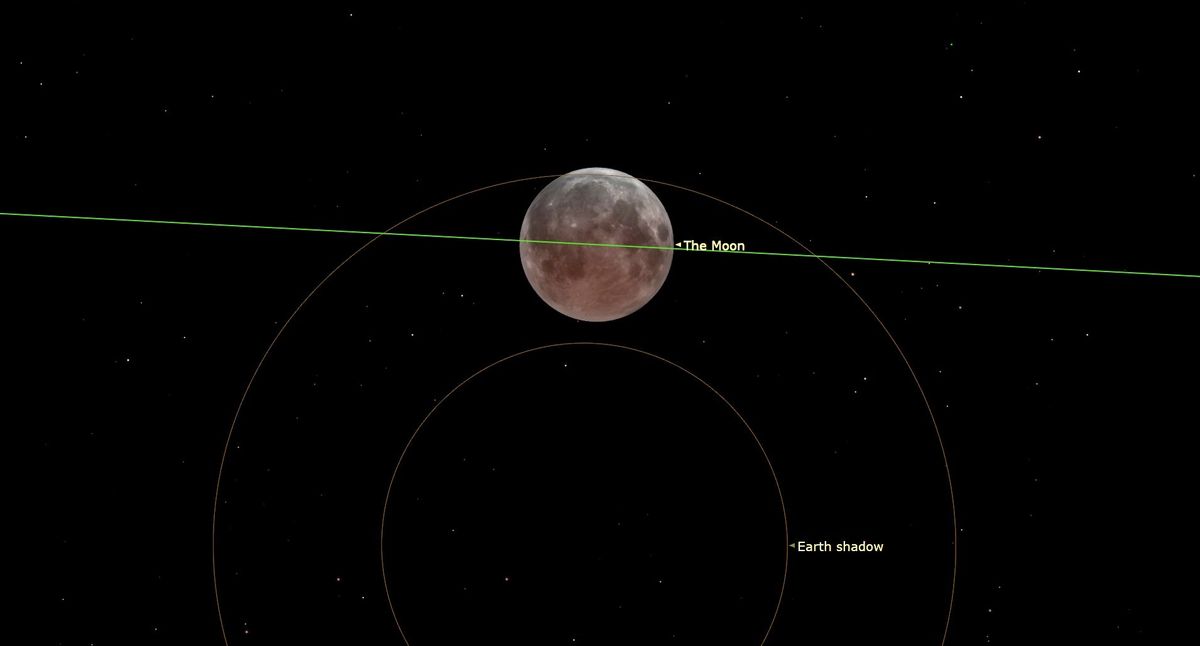The SpaceX Starlink 6-49 Mission Breaks Records
SpaceX achieved a major milestone on Friday night as it successfully launched and landed its booster, B1062, for the 20th time. The remarkable event took place at Cape Canaveral Space Force Station, where the Falcon 9 rocket lifted off to deploy 23 satellites for the company’s Starlink internet service.
This mission not only marked the 20th flight of the Falcon 9 first-stage booster but also set a new record for the shortest time between launches. The previous launch from Pad 40 at Cape Canaveral occurred just two days and 20 hours earlier, breaking the previous record by over 21 hours.
The Swift Success of the Starlink 6-49 Mission
The Falcon 9 rocket, with tail number 1062, was first introduced in November 2020 during a mission for the U.S. Space Force. Since then, it has been involved in various high-profile missions, including transporting astronauts for commercial missions and delivering Starlink satellites into orbit.
Shortly after liftoff, the Falcon 9 soared towards the designated orbit, aiming for an inclination of 43 degrees to the equator. The first stage booster successfully detached and initiated its return journey to land on the drone ship ‘A Shortfall of Gravitas’ in the Atlantic.
“Attaining a new milestone of 20 launches with a single booster in [less than] four years represents a formidable accomplishment. However, ensuring this feat was achieved safely and reliably has posed a monumental challenge,” said Jon Edwards, SpaceX’s vice president of Falcon launch vehicles.
Deployment of Starlink Satellites
Following the initial launch, two burns of the rocket’s second stage were conducted to place the 23 second-generation Starlink satellites into their designated orbit. Deployment occurred approximately one hour and five minutes after liftoff, marking another successful mission for SpaceX’s internet service.
According to SpaceX reports, the Starlink internet service currently boasts 2.3 million subscribers across 70 countries. Since its inception in 2019, SpaceX has launched a total of 6,189 satellites, with the majority still operational in orbit. These satellites play a crucial role in providing reliable internet connectivity to users worldwide.
As of the latest update in April 2024, the majority of SpaceX’s satellites are functioning as intended, contributing to the continued success of the Starlink program.






